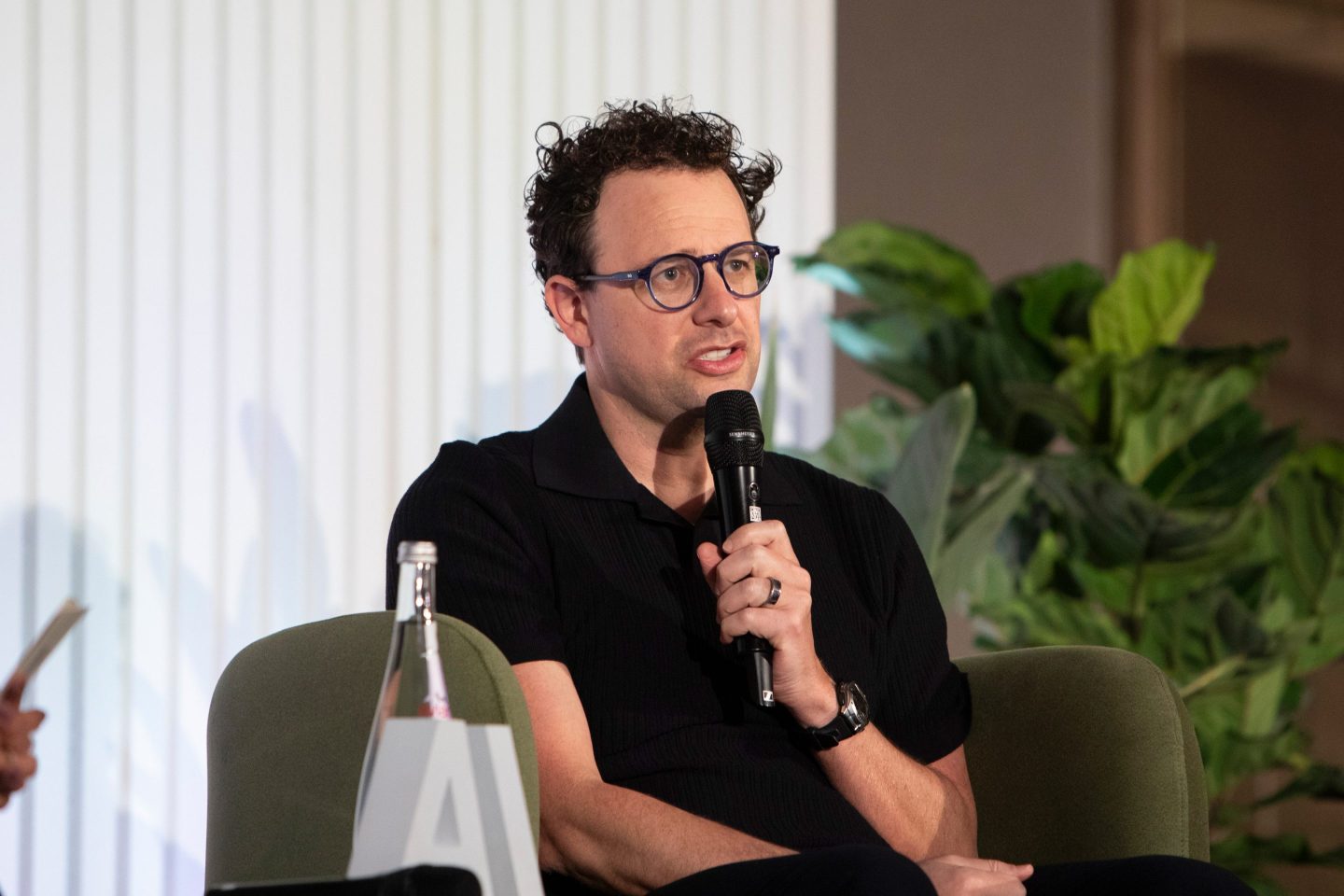Target recently highlighted its ongoing partnership with a group dedicated to Black founders, following a turbulent year marked by backlash, boycotts, and leadership changes.
The retailer’s renewed spotlight on Black businesses could signal a recalibration—and perhaps an effort to mend relations with communities that once helped define its brand ethos.
Partnership in the spotlight
In an Oct. 20 statement, Target pointed to its tie-up with the Russell Innovation Center for Entrepreneurs (RICE), which supports Black small business founders with education, mentorship, and access to retail opportunities. Through RICE’s Retail Readiness Academy, Target has helped fund initiatives that train emerging entrepreneurs in retail strategy and business scaling. The company also extended support through HBCU programs under its “HBCU, Always” series—an ongoing effort to connect graduates with Target’s mentorship network.
The timing is significant, notes journalist Habiba Katsha in a blog post for People of Color in Tech. The announcement arrives just months after the resignation of CEO Brian Cornell, amid falling sales and customer traffic. Cornell’s leadership had been central to Target’s post-2020 DEI expansion, including its $2 billion Racial Equity Action and Change (REACH) initiative. Yet in January 2025, the company abruptly moved to end many of those DEI goals, citing a “realignment” of strategy and a focus on “business neutrality”.
DEI rollback and retail fallout
Target’s rollback of DEI initiatives set off a firestorm. As Fortune reported in early 2025, civil rights activists organized a nationwide boycott in protest of the company’s decision to scale back its DEI infrastructure, which had been celebrated in the wake of George Floyd’s murder.
The boycott came during Black History Month—symbolically amplifying the controversy—and led to dramatic declines in store traffic. Black business owners whose products were featured in Target stores voiced concern that the boycotts might inadvertently harm their own sales, prompting activists to urge consumers to buy directly from those brands online instead.
Target sales have declined in 2025, and the stock has dropped 61% from its 2021 peak. The company also announced its first major layoffs in a decade and plans to cut 1,800 corporate jobs. While consumer boycotts have played a role, company leadership has also cited competition from Amazon and Walmart as factors in its decline.
Pressure for companies
Target’s retreat mirrors a larger pattern across corporate America. Fortune has chronicled the growing pressure on companies to either scale back or quietly rebrand DEI programs amid shifting political and cultural winds. By mid-2025, only a small fraction of Fortune 500 firms continued to publish detailed diversity reports, as others transitioned to euphemistic “inclusion” or “corporate responsibility” frameworks.
Earlier this year, analysts warned that companies dismantling DEI structures risk severe reputation damage and long-term brand erosion. “If the politics in society change, your values should not,” said consultant Ponce de Leon, underscoring the trust deficit companies face when perceived as abandoning equity commitments.
Other Fortune coverage emphasized the financial risks of retreating from DEI. Boycotts, talent attrition, and eroding customer loyalty—particularly among younger and more diverse demographics—are emerging as critical market liabilities.
Next chapter for Target
Target’s decision to spotlight RICE and reaffirm support for Black-owned business development is being read as both a reputational hedge and a cultural reset. It offers the company a way to demonstrate continued engagement with racial equity without reviving the formal DEI frameworks that drew political scrutiny.
Whether this recalibration can reverse Target’s declining sales remains uncertain. But in a corporate landscape where DEI language is declining 68% in filings from S&P 500 companies in 2025, Target’s move stands out as a strategic attempt to balance commerce, conscience, and survival in a politically polarized marketplace.
For this story, Fortune used generative AI to help with an initial draft. An editor verified the accuracy of the information before publishing.













